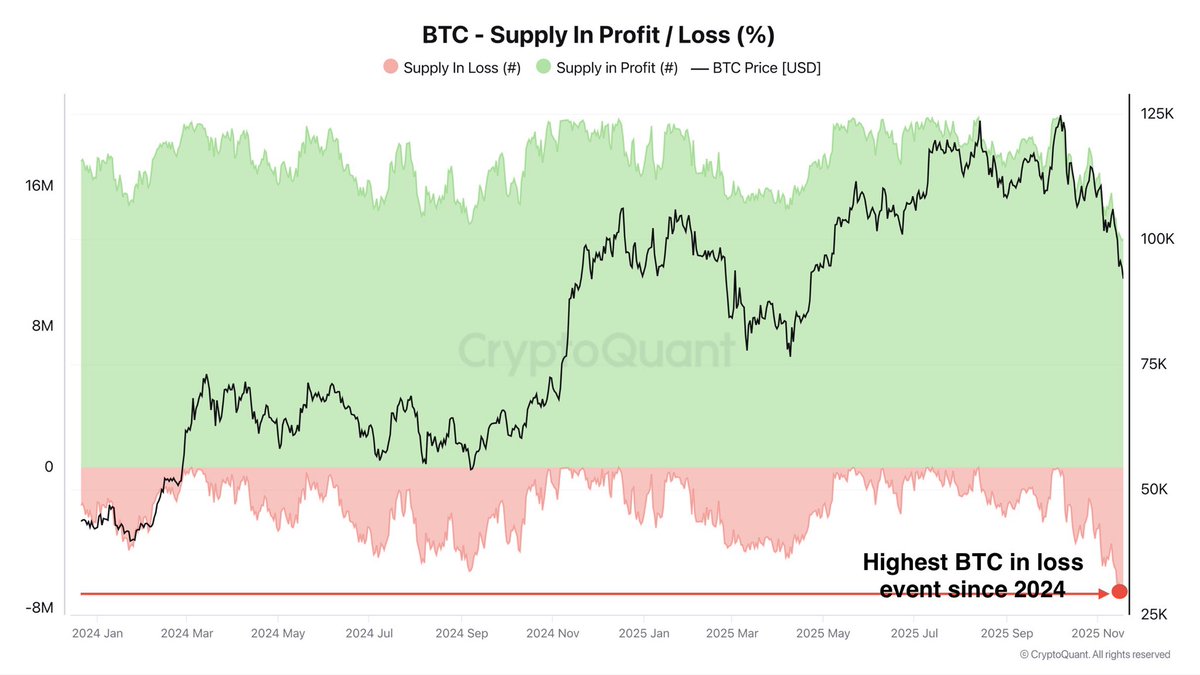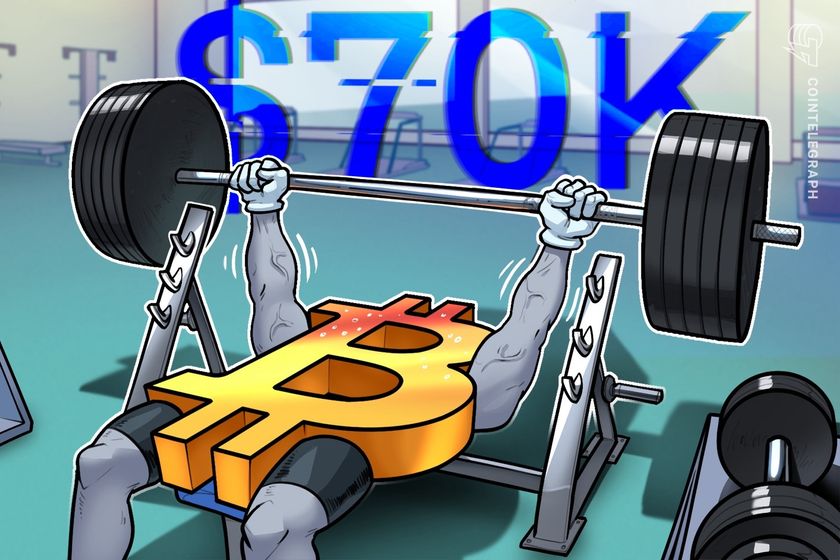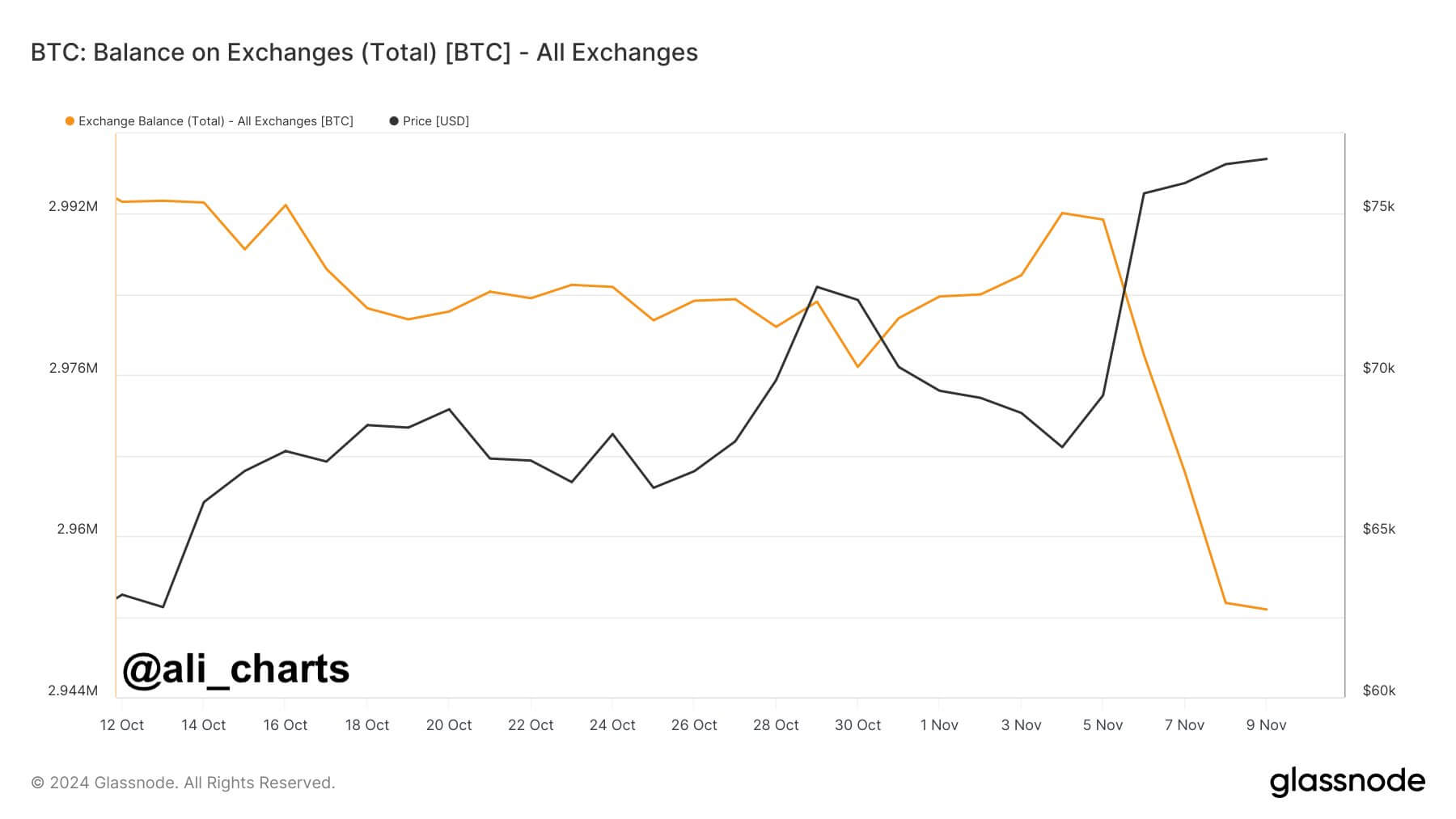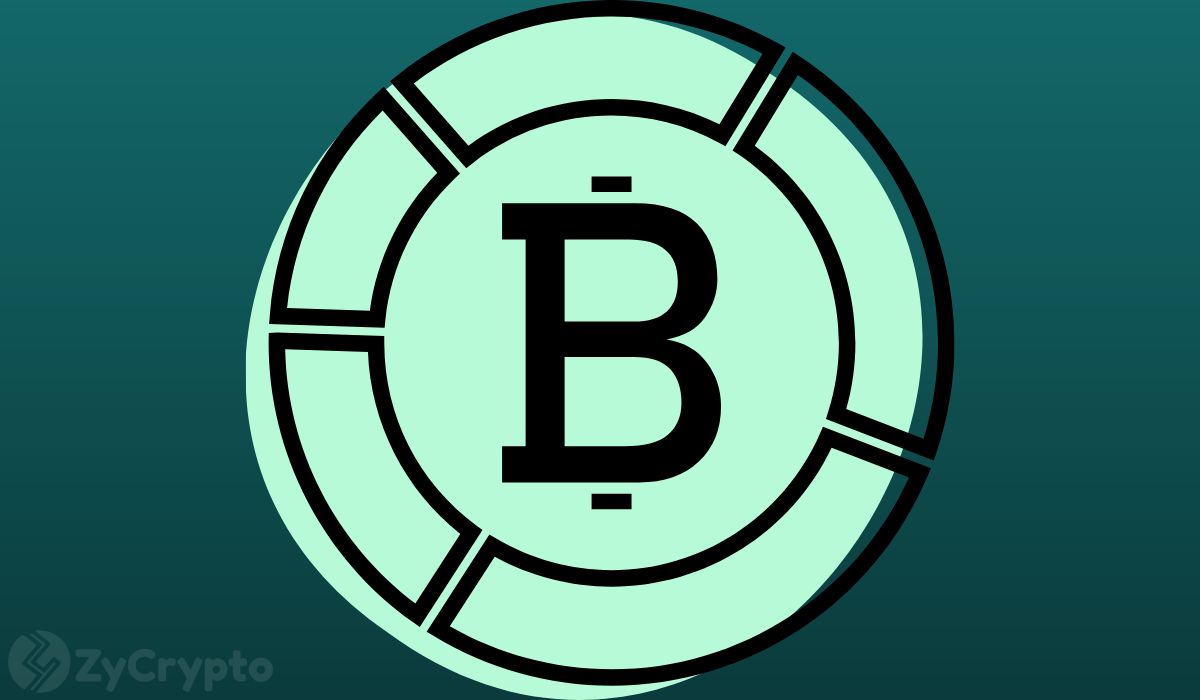2024-10-1 23:11 |
Following a roughly 14% rally after the U.S. Federal Reserve’s 50 basis point rate cut nearly two weeks ago, conditions were primed for a significant Bitcoin (BTC) selloff. The selection of a new prime minister in Japan over the weekend seems to have triggered this move.
Source: BNC Bitcoin Liquid Index
In a surprising decision, Japan’s ruling party selected Shigeru Ishiba as the next prime minister. It’s widely believed that Ishiba supports the Bank of Japan’s (BOJ) goal to normalize monetary policy, which means raising interest rates. Following his selection, Ishiba called for snap elections to be held in late October.
This comes after the BOJ’s modest rate hike in late July, which caused a sharp unwinding of the yen carry trade and triggered a global financial panic, sending Bitcoin plunging from about $70,000 to below $50,000 within days. The selloff was so severe that the BOJ had to step in, using a former official to reassure markets that there wouldn’t be another rate hike in 2024.
Ishiba’s selection over the weekend triggered another surge in the yen and a 5% drop in Japan’s Nikkei stock average, with the selloff extending to Bitcoin, which fell from about $66,000 to as low as $63,300. At press time, Bitcoin has recovered slightly to $63,800, down about 3% from late Friday. European stocks are down around 1%, while U.S. stock index futures show only modest losses.
Bitcoin Takes a Breather After Strong Run
Prior to this weekend, Bitcoin had been enjoying a strong rally since the Fed cut its benchmark rate by 50 basis points in mid-September. China’s launch of monetary and fiscal stimulus to boost its economy also contributed to the rally, with the Shanghai Composite gaining 8% on Monday after its best week in over a decade.
However, late last week, several indicators pointed to overbought conditions, including rising perpetual funding rates for Bitcoin futures.
This week brings a new month, along with important economic reports and central bank commentary. Fed Chair Jerome Powell is expected to speak on Monday about economic and monetary policy at the National Association for Business Economics’ annual meeting. The U.S. will release manufacturing and services sector data from the Institute for Supply Management (ISM) on Tuesday and Thursday, with the key event being the September jobs report on Friday. These data points could heavily influence the Fed’s rate decision at its next meeting in early November. Currently, markets are pricing in a two-thirds chance of a 25 basis point rate cut, according to CME FedWatch. It was the Fed’s decision to cut by 50 basis points in September, rather than the expected 25, that sparked the latest Bitcoin rally. A shift in expectations for the November rate cut could again affect Bitcoin’s price path.
Retail Participation in Bitcoin Rally Low
One of the major questions surrounding the current Bitcoin rally is whether retail investors are involved. Retail participation often signals market euphoria or greed, and can be a leading indicator of a market top. With Bitcoin (BTC) around 15% below its all-time high, it seems retail is yet to arrive on mass.
A key indicator of retail participation is the ranking of Coinbase’s (COIN) app in app store downloads. In the bull markets of 2017 and 2021, Coinbase ranked as the number one downloaded app near market tops. During Bitcoin’s most recent peak in March, it ranked in the top five, according to @CoinbaseAppRankBot. Currently, however, Coinbase ranks just 438th, close to its lowest level of the year, indicating a continued lack of retail interest.
origin »
Bitcoin price in Telegram @btc_price_every_hour
Bitcoin (BTC) на Currencies.ru
|
|















